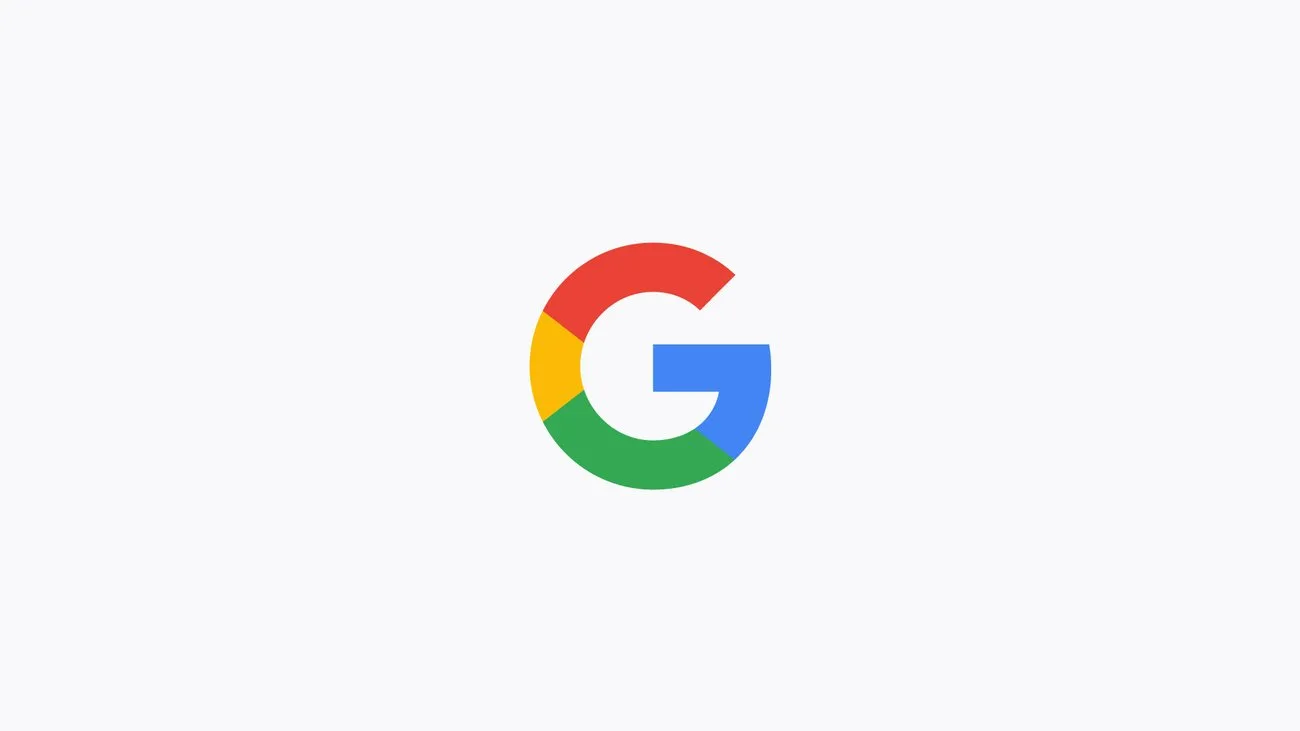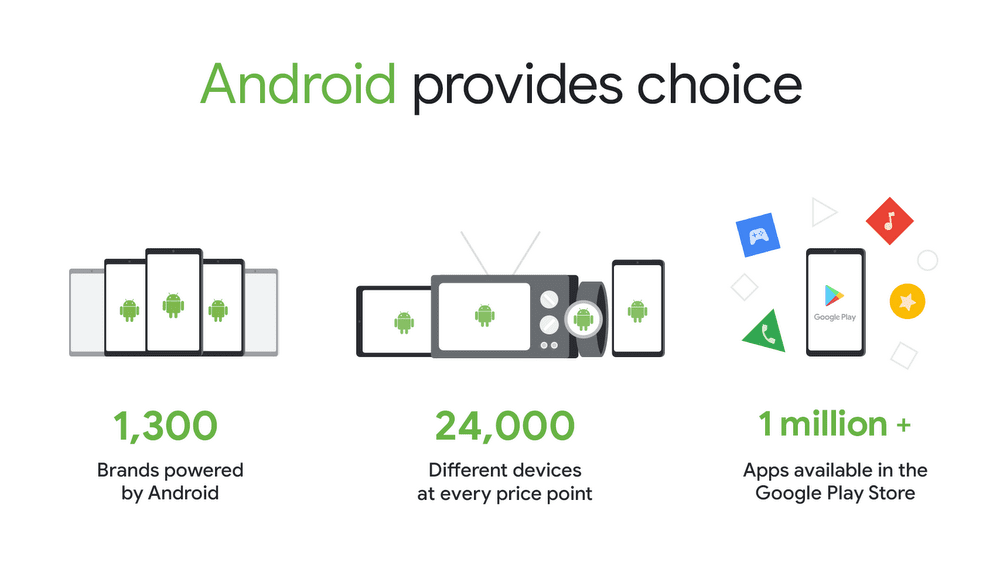Schlagwort: Public Policy
-

Google’s legislative proposal for keeping kids safe onlineGoogle’s legislative proposal for keeping kids safe onlineDirector
Reading Time: 3 minutesEveryone wants to protect kids and teens online, and make sure they engage with age-appropriate content, but how it’s done matters. There are a variety of fast-moving legislative proposals being pushed by Meta and other companies in an effort to offload their own responsibilities to keep kids safe to app stores. These…
-

Why we’re appealing the Epic Games verdictWhy we’re appealing the Epic Games verdictVice President, Regulatory Affairs
Reading Time: 3 minutesToday, the court overseeing our ongoing U.S. legal proceedings with Epic Games ordered changes to Android and Google Play, requested by Epic. As we have already stated, these changes would put consumers’ privacy and security at risk, make it harder for developers to promote their apps, and reduce competition on devices. Ultimately,…
-

Epic’s proposed remedies are bad for everyone but EpicEpic’s proposed remedies are bad for everyone but EpicVP, Government Affairs & Public Policy
Reading Time: 3 minutesEpic’s proposed changes to Android and Google Play would harm consumers, developers and device manufacturers.Epic’s proposed changes to Android and Google Play would harm consumers, developers and device manufacturers.Website: LINK
-

Reaffirming choice and openness on Android and Google PlayReaffirming choice and openness on Android and Google PlayVP, Government Affairs & Public Policy
Reading Time: 3 minutesAn overview of the details of a settlement reached with State Attorneys General.An overview of the details of a settlement reached with State Attorneys General.Website: LINK
-

Maintaining choice and opportunity on Android and Google PlayMaintaining choice and opportunity on Android and Google PlayVP, Government Affairs & Public Policy
Reading Time: 4 minutesA look at next week’s case with Epic Games and how Android’s choice and flexibility works for consumers and developers of all sizes.A look at next week’s case with Epic Games and how Android’s choice and flexibility works for consumers and developers of all sizes.Website: LINK
-

How to sustain a safe, thriving app and game ecosystemHow to sustain a safe, thriving app and game ecosystemDirector
Reading Time: 3 minutesThere have been a lot of discussions globally about how mobile ecosystems and app stores operate, and the role good policy plays in ensuring that these platforms provide ample choice and flexibility for developers and users. We have been following these discussions closely and agree that policies in this space should be…
-

Supporting choice and competition in EuropeSupporting choice and competition in Europe
Reading Time: 2 minutes For nearly a decade, we’ve been in discussions with the European Commission about the way some of our products work. Throughout this process, we’ve always agreed on one thing一that healthy, thriving markets are in everyone’s interest. A key characteristic of open and competitive markets一and of Google’s products一is constant change. Every year,…
-

Android has created more choice, not lessAndroid has created more choice, not less
Reading Time: 4 minutesIf you buy an Android phone, you’re choosing one of the world’s two most popular mobile platforms—one that has expanded the choice of phones available around the world. Today, the European Commission issued a competition decision against Android, and its business model. The decision ignores the fact that Android phones compete with…







